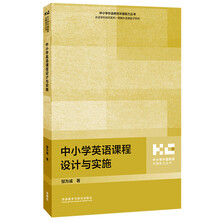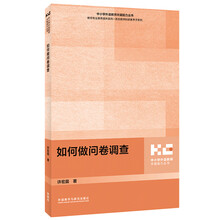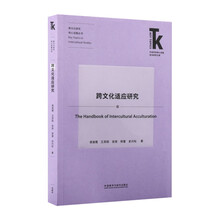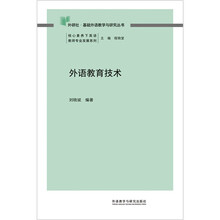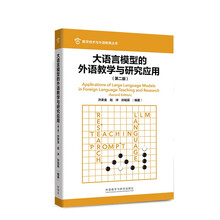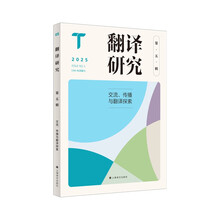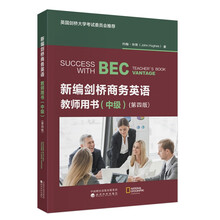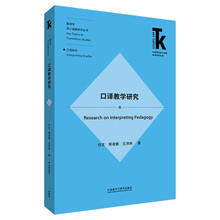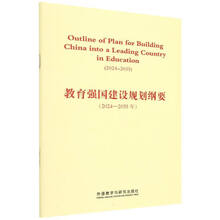1.1.1 Significance of Vocabulary Acquisition
Vocabulary is playing a critically significant role in L2aCquisition because it is the essence of an individuallanguage.Without vocabulary'there would be no sentence'no text andmo meaning.The large number of research articles produced inthe 1970s,1980s and 1990s demonstrate that researchers havestrongly emphasized the high position of lexical competence inthe language communication.Wilkin(1972:77)has stated hisfamous remarks:"without grammar very little can be conveyed,without vocabulary nothing can be conveyed."Effective commu—nication in L2 is primarily based on learners'vocabulary knowl—edge of the target language.McCarthy(1993:124)has notedthat no matter how well one learns grammar and no matter howsuccessfully the sounds of L2 are mastered,communication in aL2 j ust can not occur in any meaningful way if one does not haveadequate words to express a wider range of meanings.
What researchers assume about the imp'ortance of vocabula—ry acquisition coincides with instructors'and learners'view—point.Based upon instructors'daily observation,they find thatcollege students'insufficient vocabulary in English has greatlyhindered successful comprehension and that students'biggesthandicap is not the lack of reading strategies or grammaticalknowledge'but the failure to achieve automated recognition ofword forms.Similarly'a large majority of learners generally agree that communication is virtually impossible without an ac—cess to a relevant and fully wide range of vocabulary,and citethat vocabulary as their top priority over grammar in conveyingmeanings.
Though the significance of vocabulary in L2 learning hasbeen widely recognized'vocabulary acquisition is equally per—cCived aS one of the most difficult and controversial aspects in L2acquisition.
1.1.2 Necessity of Present Study
The growing awareness of the significance of vocabulary ac—quisition has triggered increasing interest in language learnersand learning strategies among experts.Vocabulary acquisitionstrategy has become a focus of much research in which numerousinvestigations have been undertaken in the field of L2 acquisi—tion.
The early studies of learning strategies of vocabulary fo—cused on the general approaches and specific techniques that the"good learners"employ in developing L2 lexical skills.Other re—search haS cXamined the relationship between the vocabularylearning strategies and different characteristics of both"good"and"poor"learners.Few observations or experimental studieshave been conducted to suggest which specific methods of L2 VO—cabulary acquisition are the most effective and suitable for cer—tain goals and for particular type of learners.Until now mostempirical and experimental research on L2 vocabulary learning atChinese college level was merely restricted to listing which spe—cific vocabulary learning strategy was deployed by the maj ority of students and which one was less frequently adopted bystudents.Such research only revealed the reality'which is notof great assistance in solving the urgent problem most Chinesecollege students are confronted with'namely'English vocabula—ry learning.Therefore'it is really necessary to find out whichstrategy of English vocabulary learning is much more effectiveand appropriate for Chinese college students'especially thosewho are maj oring in science and engineering because they are ac—counting for a comparatively large percentage in campus popula—tion.
Vocabulary learning strategies can be categorized into sever—al according to different criteria.Consciousness or intention iSone of these criteria and is playing a decisive role in classifyingthe vocabulary learning meth、ods,Therefore in this book'twoapproaches will be elaborated c.g.incidental approach and in—tentional approach,the former of which does not involve inten—tion of vocabulary learning while the latter one does.
There is a prevalent view among experts and educationalists thatopportunities for activities conducive to incidental vocabulary leamingshould occupy much more time than intentional vocabulary learning,Intentional method has been discouraged for being ineffective and de-contextualized.Few empirical studies have been camcd out onwhether Chinese college learners of English acquire the large percent—age of English vocabulary as the western counterparts do.So it is es—sential for the present study to explore which approach of the two issuperior to the other for the Chinese college science and engineeringmajors.
The present situation of Chinese English teaching and 1earn—ing has urged deeper research on this aspect.Chinese collegeEnglish education has been long suffering from severe criticismfor being inefficient,time—consuming and yielding little fruit.With the introduction of L2 vocabulary building strategies'theincidental learning method through extensive reading has re—ceived wide popularity in China.Much modification has beenmade to most Chinese middle school and college textbooks,suchas adding a large amount of extensive reading and listening mate—rials.Instructors are fully aware of the vital role of context inincidental vocabulary learning.As a result,they concentrateclassroom teaching primarily on general comprehension and anal—ysis about the structure of the whole text rather than on the ex-plicit explanation of the lexieal items.and]eave the task oflearning vocabulary to students to accomplish after class bymeans of extensive reading.The consequence is that'even after12 years of English language learning,most college science andengineering majors still fail to master sufficient vocabulary tounderstand authentic materials'let alone communicate fluentlywith foreigners.
……
展开

